
A worker counts Chinese currency renminbi at a bank in Linyi, East China's Shandong province. (Photo/Xinhua)
Plan issued to deal with criminal acts and improve risk-prevention system
China is poised to further consolidate the administration of the financial industry and bolster the nation's capacity to fight money laundering.
The People's Bank of China, the Ministry of Public Security, the National Supervisory Commission and other eight agencies jointly issued an action plan in January on combating money laundering. An operation targeting money laundering, which will run from January 2022 to December 2024, was also launched.
The action plan requires the agencies to refine working methods based on real situations, crack down on various forms of money laundering and related crimes, and improve the national money laundering risk-prevention and control system.
The Central Commission for Discipline Inspection said the battle against money laundering is still grim, especially with the emergence of new technologies, such as virtual assets and digital currencies. Criminal activities and money laundering have also become more intertwined, making it increasingly difficult to trace illegal funds crossing borders.
Some people commit crimes at home and collect money abroad, or transfer illegally gained funds through underground banks or channels, the commission said.
The Criminal Law includes in its definition of money laundering hiding income and benefits generated from drug-related crimes, organized crime, terrorism, smuggling, embezzlement and bribery, financial fraud and cleaning income by various means.
A typical case of drug-related money laundering is that of a drug dealer surnamed Fei from Hefei, Anhui province. In April, Fei sold methamphetamine totaling 6 grams on 11 occasions to two drug addicts. Fei collected payment through WeChat.
To cover up the source of the drug money, Fei transferred 6,800 yuan ($1,070) from the drug sales to an accomplice surnamed Cheng via WeChat. He then deleted any records of collecting or transferring the money.
In June, Fei was arrested on the suspicion of drug trafficking and money laundering. In July, Shushan People's Court sentenced Fei to five years and six months in prison and fined him 20,000 yuan.
His accomplice, Cheng, was sentenced to five months' detention, suspended for eight months, and fined 3,000 yuan for money laundering.
In January, the PBOC, China Banking and Insurance Regulatory Commission and China Securities Regulatory Commission jointly issued administrative measures for financial institutions' customer due diligence requirements and the preservation of customer identity information and transaction records.
The measures will help institutions comply with development of the financial industry and improve risk prevention in regard to money laundering and terrorist financing.
The document will be implemented from March 1. It stipulates that financial institutions, such as commercial banks and rural cooperative banks, have to identify and verify the identity of clients.
The source, or use, of an individual client's funds exceeding 50,000 yuan or the equivalent of $10,000 in foreign currencies, has to be accounted for and registered.
When establishing a business relationship with a customer, a financial institution must conduct proper due diligence and risk assessment based on the information obtained from the customer. For clients with the highest risk level of money laundering or terrorist financing, financial institutions should conduct an audit at least once a year, the administrative measures said.
In recent years, with the evolution of financial products and business models, new challenges have emerged in anti-money laundering work in the financial industry.
In order to prevent the risk of money laundering and terrorist financing in China, it is necessary to formulate new measures to further improve and strengthen the anti-money laundering supervision system, the PBOC said.
The due diligence of financial institutions needs to further emphasize risk-based measures and improve the efficiency of financial services, while preventing the financial system being used to engage in money laundering and other criminal activities, the PBOC said.








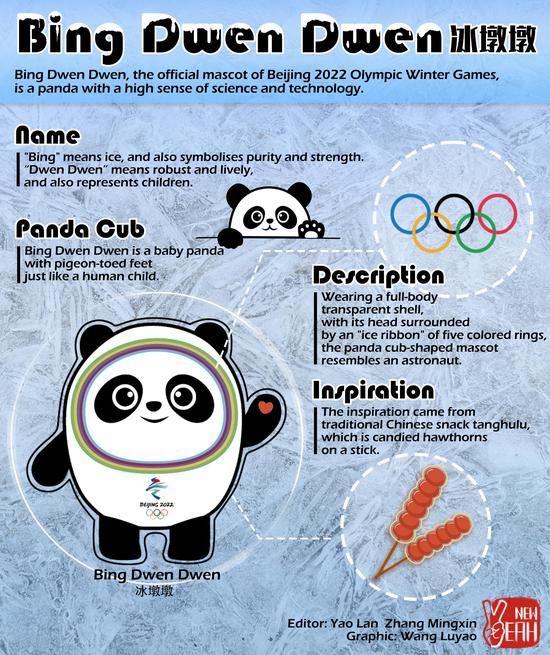



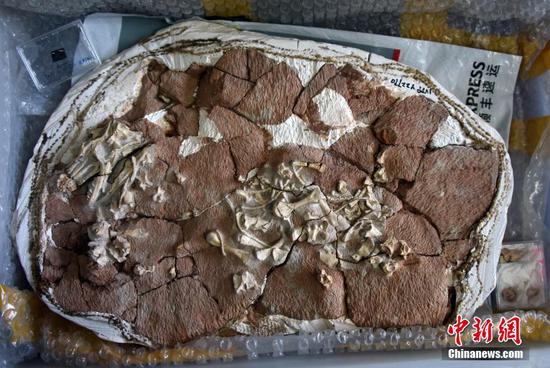

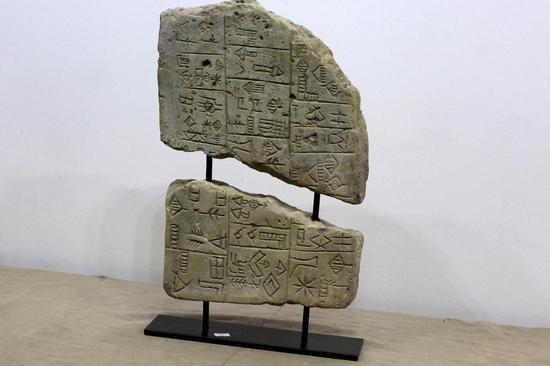



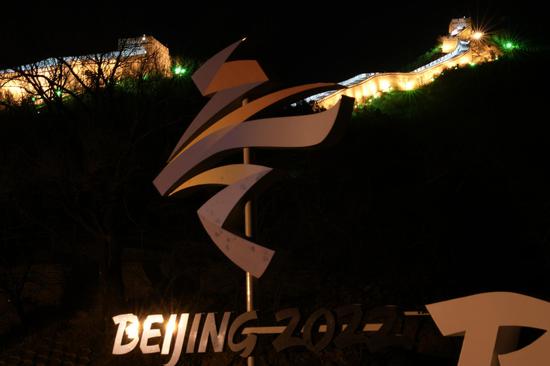













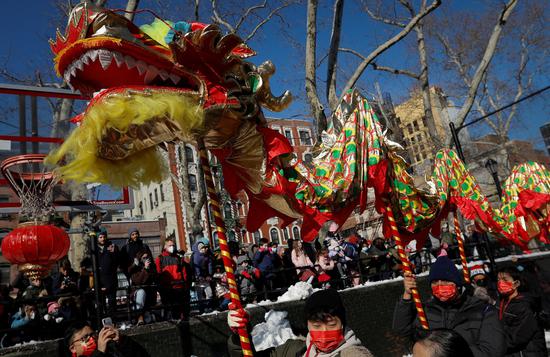


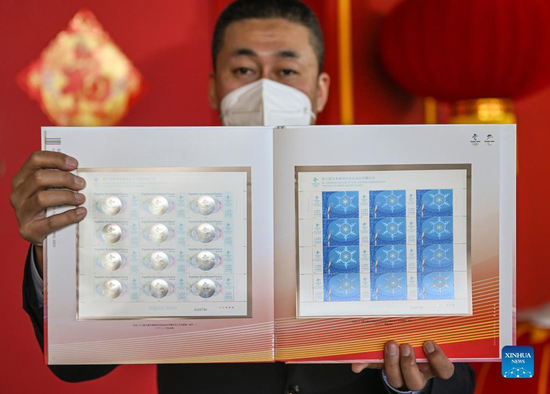














 京公网安备 11010202009201号
京公网安备 11010202009201号